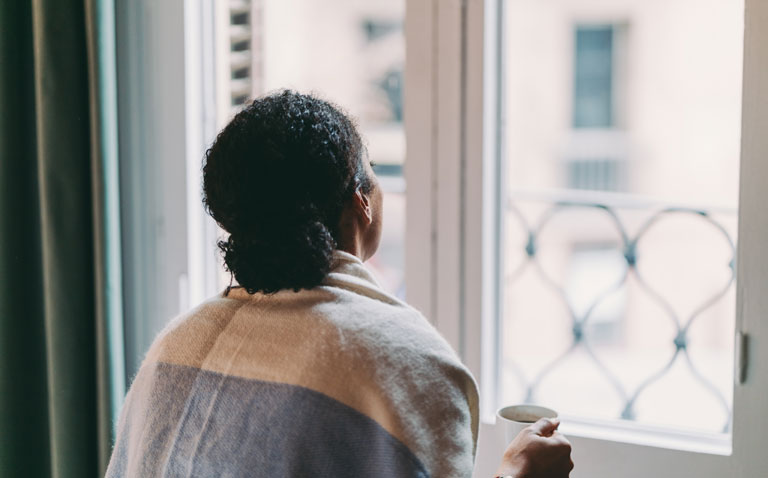The latest data from an ongoing study reveal how less than half of those with symptoms report requesting a COVID-19 test but that the majority are lockdown compliant
The COVID-19 Social Study, by a team from University College London (UCL), is the largest study into the psychological and social impact of the pandemic and has had over 70,000 participants who have been submitting responses to online questionnaires over the last 43 weeks.
In the latest release of data from the study, it found that only 43% of respondents who started to develop COVID-19 symptoms requested a test for the virus. However, this result varied by age group. For example, among those in the 60+ group, 75% who reported that they had developed symptoms on at least one occasion, never requested a test, compared to nearly a fifth (18%) of this group who had requested a test each time. In contrast, although a much higher proportion of younger adults (42%) reported asking for a test every time they developed symptoms, it was still a concern that 45% of those from the same demographic had never requested a test despite being symptomatic. The study found that individuals did not request a test for several reasons including being unclear on how to request tests, having to travel long distances to receive the test and fear of being exposed to the virus at test centres. According to the authors, these finding suggest that the current system is not working very well.
Another worrying finding was that more than a third (38%) of respondents did not isolate for the recommended number of days (i.e., 10 or more) when they developed COVID-19 symptoms. Equally concerning was how 13% said they did not self-isolate at all, including 3% of those aged 18-29. Interestingly, only 9% of those in higher income households reported not isolating at all which, the authors felt, indicated that lower income respondents were likely breaking the rules because of financial concerns and that more support needs to be put in place to encourage people to self-isolate without the fear of financial loss.
The latest data however, did offer some positive news and reported levels of compliance with the lockdown measures appear to be increasing, which would indicate that the public cannot be solely blamed for the rise in positive cases. While 75% of respondents stated that they complied with lockdown rules on the number of people with whom they can meet up, a small number of those surveyed (11%) stated that they never, rarely or only occasionally, followed this rule.
According to the study’s website, the researchers are sharing the results each week with organisations such as NHS England and the World Health Organisation. The study team is also running the COVID-MINDS Network, which is an international network from over 70 countries which through the collaboration with researchers across the world, are helping to protect individual’s mental health during the pandemic.
Source










